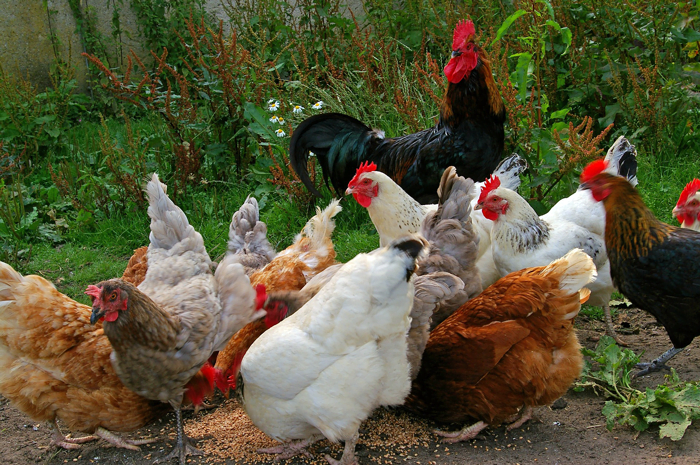Chicken rearing is a popular agricultural activity in Kenya, with many farmers engaging in it for commercial or subsistence purposes. Here are some important aspects of chicken rearing in Kenya:
- Chicken Breeds: In Kenya, there are several breeds of chickens, including indigenous (Kienyeji) chickens, broilers, and layers. Farmers can choose the breed that suits their production goals and resources.
- Housing: Proper housing is crucial for chicken rearing in Kenya. The chicken house should be well-ventilated, secure from predators, and provide enough space for the birds to move around comfortably. Bedding materials such as wood shavings, sawdust, or rice husks should be used to absorb moisture and prevent disease.
- Feeding: Proper nutrition is essential for the growth and health of chickens. Farmers can either buy commercial feeds or formulate their own feed using locally available ingredients. The feed should be balanced and provide the necessary nutrients for the birds’ growth and egg-laying.
- Disease Control: Chickens are susceptible to various diseases, some of which can be fatal if not treated promptly. Farmers should practice good biosecurity measures, such as keeping the chicken house clean, vaccinating the birds, and controlling pests and rodents.
- Market Access: Farmers should have access to markets where they can sell their chickens or eggs. They can sell directly to consumers or through middlemen such as brokers, retailers, or processors. It’s important to have a reliable market to ensure profitability.
- Government Support: The Kenyan government provides various incentives and support programs to encourage chicken rearing as a means of improving food security and increasing farmer incomes. Farmers can take advantage of these programs to access credit, training, and extension services.
In summary, successful chicken rearing in Kenya requires proper housing, feeding, disease control, market access, and government support. With these in place, farmers can improve their livelihoods and contribute to the country’s food security.

